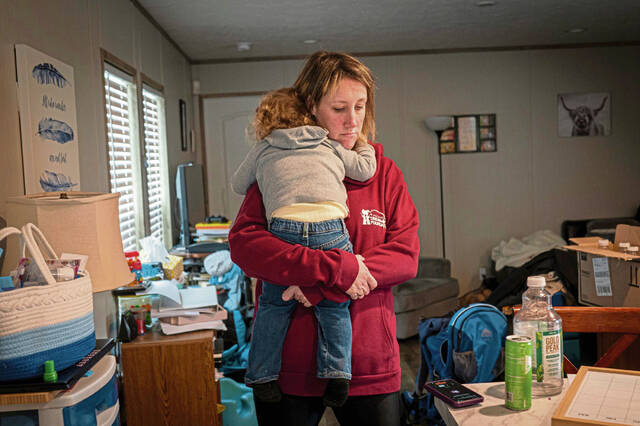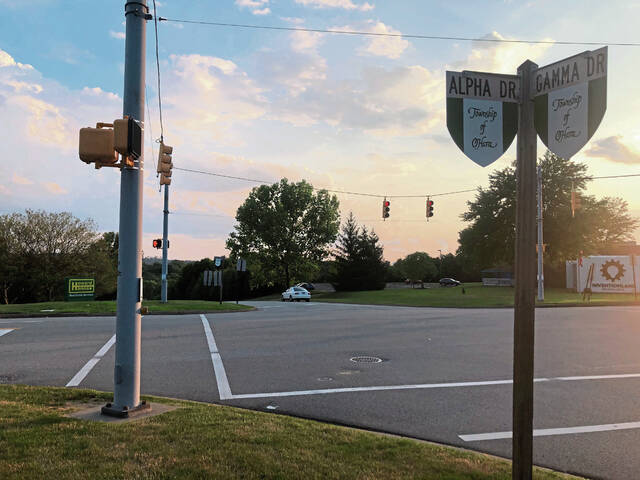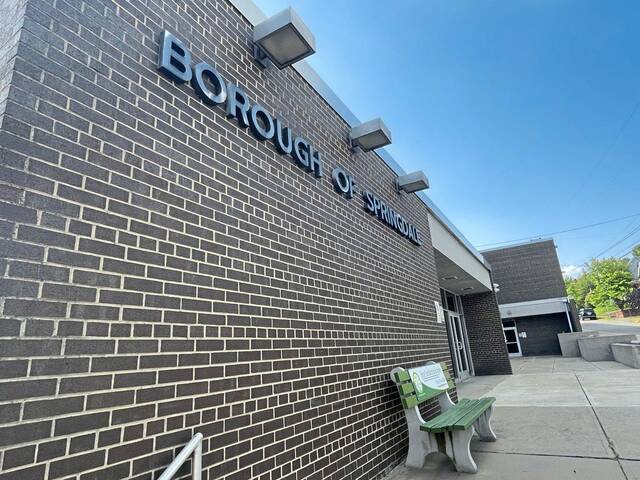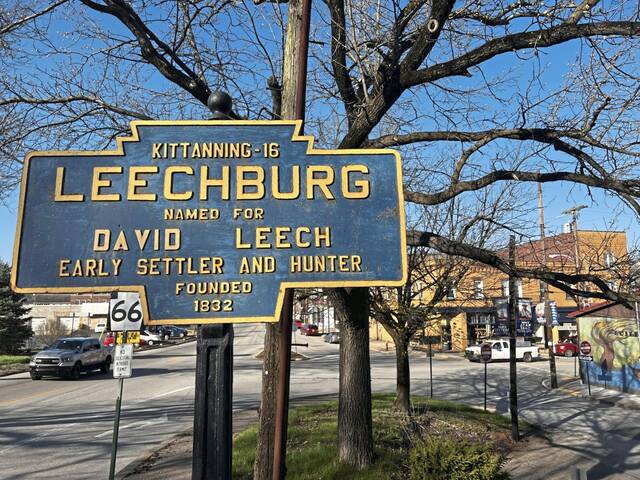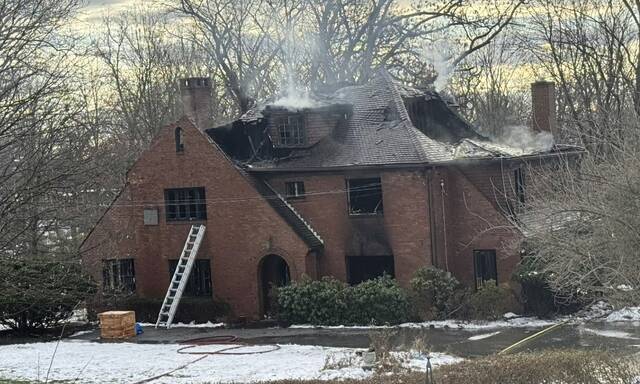Lower Burrell is raising sewage rates next year by 3% because of rate increases from the Municipal Authority of New Kensington and other expenses.
New Kensington’s sewerage authority, MSANK, processes Lower Burrell’s sewage while Lower Burrell owns and maintains the sewage system in the city.
The current bill for an average household that uses 8,976 gallons of water for sewage is $165.50 per quarter. In 2023, that household will pay $170.73, said Lower Burrell Councilman David Stoltz, who oversees the city’s sewage department.
The new rate takes effect in the first quarter of billing in 2023 — in March, Stoltz said.
MSANK raised Lower Burrell’s cost of processing sewage by 9% this year and 1% next year, Stoltz said.
“This increase, compiled with rising operational costs, left the city with no choice but to raise rates for 2023,” he said.
Stoltz noted the city didn’t raise rates on households as high as MSANK raised the processing rates to Lower Burrell.
“We budgeted less for projects to make up the difference,” Stoltz said.
Lower Burrell’s rate hike also was caused by funding the debt service on mandated improvement projects, which are part of the city’s authority’s long-term control plan.
The city has a long-term control plan for sewage system upgrades estimated to cost about $31 million.
“The sanitary sewer system is the city’s most significant asset,” Stoltz said. “We need to be proactive in keeping it operational while meeting the ongoing sewer projects required by the Department of Environmental Protection.”
Projects include upgrades to the Big Braeburn Pump Station and the main line running up Edgecliff Road, which is estimated to cost about $9.2 million, Stoltz said.
“The city and its engineer, Senate Engineering, have identified grants and funding streams and are actively working on applications in conjunction with the Lower Burrell Municipal Authority,” he said.
Like other communities in the region, Lower Burrell has been under orders by environmental agencies to update and clean up its sewage system to prevent raw or partially processed sewage from entering local waterways.
These environmental regulations governing sewage systems are unfunded mandates, said Stoltz and Councilman Chris Fabry.
“The costs associated with these projects are not something we can sustain in the long run,” Fabry said.



